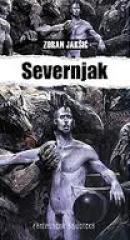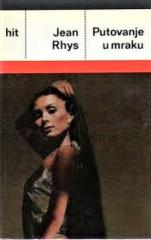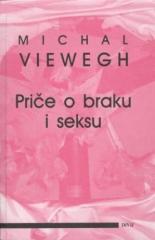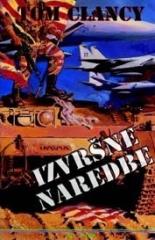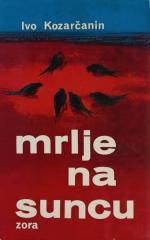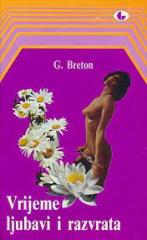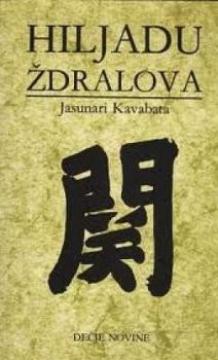
Hiljadu ždralova
Ceremonija čaja, aranžiranje cveća, uređenje bašta i umetnost stvaranja prelepog porcelana stoje u pozadini ovog romana kao simboli večnog i vanvremenskog u ljudskom stvaralaštvu.
Ljudska osećanja, za razliku od umetničkog stvaralaštva, prikazana su kao trenutna, krhka, promenljiva i prolazna. U ovom kontrastu između čoveka i umetnosti, Kavabata je utkao suptilnu i delikatnu radnju romana. Glavni lik, Kikudi, žrtva je sećanja iz detinjstva i ne uspeva da zauzme određenu poziciju u stvarnosti. Posle smrti oca i majke, traži svežu i čistu ljubav, ali ne može da se oslobodi mračnih uspomena iz detinjstva. Tada se fatalno zaljubljuje u bivšu ljubavnicu svog oca, gospođu Otu, koja predstavlja most između prošlosti i sadašnjosti. Obuzeta kajanjem i krivicom, gospođa Ota vrši samoubistvo. Posle njene smrti, Kikudi ne može da se oslobodi svoje čežnje za pokojnikom, ali se postepeno ljubav prema majci prenosi na njenu ćerku Fumiko. Kraj romana je neizvestan jer je i Fumiko obuzeta krivicom i ne može otvoreno da prihvati Kikudijevu ljubav.
Jedan primerak je u ponudi
- Blago oštećenje korica
